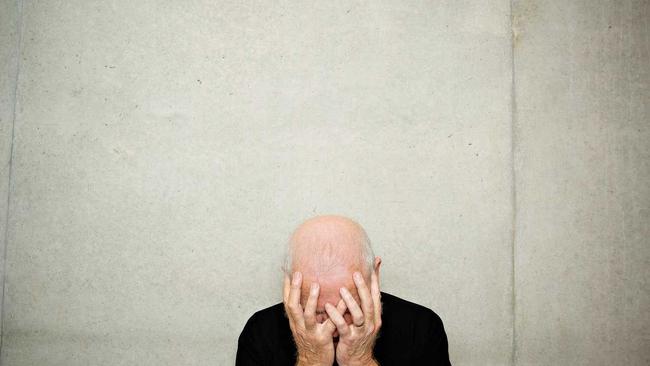Mind You: How to help people cope with grief
HOW do we cope and keep our sense of self when the world around us suddenly delivers an experience that is out of our control?

Central & North Burnett
Don't miss out on the headlines from Central & North Burnett. Followed categories will be added to My News.
HOW do we cope and keep our sense of self when the world around us suddenly delivers an experience that is out of our control?
When is it okay to show the effect of that event and what emotions are appropriate?
These questions were prompted by two of my clients going through radical changes that had come out of the blue.
Examples that can affect any one of us could be losing a loved one, a long-term relationship breakdown, a severe accident, a messy separation and divorce or being made redundant without warning.
These and other experiences can be soul-destroying when they are happening, and seriously affect our emotional well-being and our capacity to function in the myriad roles we play in our lives.
Often when caught in this state we will obsess about the experience, reliving it in a continuous cycle of thinking that can spiral beyond anger, frustration and sadness into despair, hopelessness and depression.
Our world becomes a bleak place and the small joys that we used to embrace seem lost to us.
Elisabeth Kubler-Ross wrote about the cycle of grieving in her book On Death and Dying in 1969.
It is entirely appropriate to feel any, and all, emotions that come with forced change.
Forced change causes a sense of grief. Along with that may come denial, anger, blame, despair and eventually acceptance of the altered state of reality.
That can lead to more positive control and increased self-awareness and a more resilient approach to events.
How long does it take? That is personal and depends on the emotional strength of the individual.
What we can do to assist is to continue to check in with the person. Engage with them, talk with them about the situation but do not try to fix it.
Rather, acknowledge them and their feelings and provide emotional support.
None of us know when these events will occur. However, by virtue of our being alive they are bound to happen.
Rather than shy away, where can you show you care enough to check in on a friend or colleague who is going through a challenge?
Nick Bennett is a facilitator, performance coach and partner of Minds Aligned.


